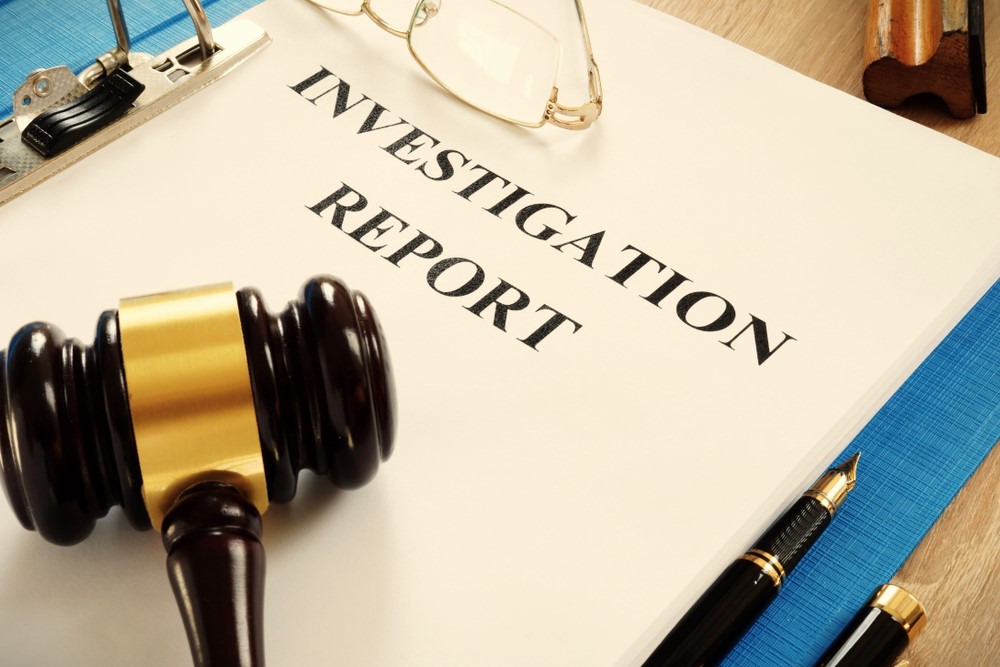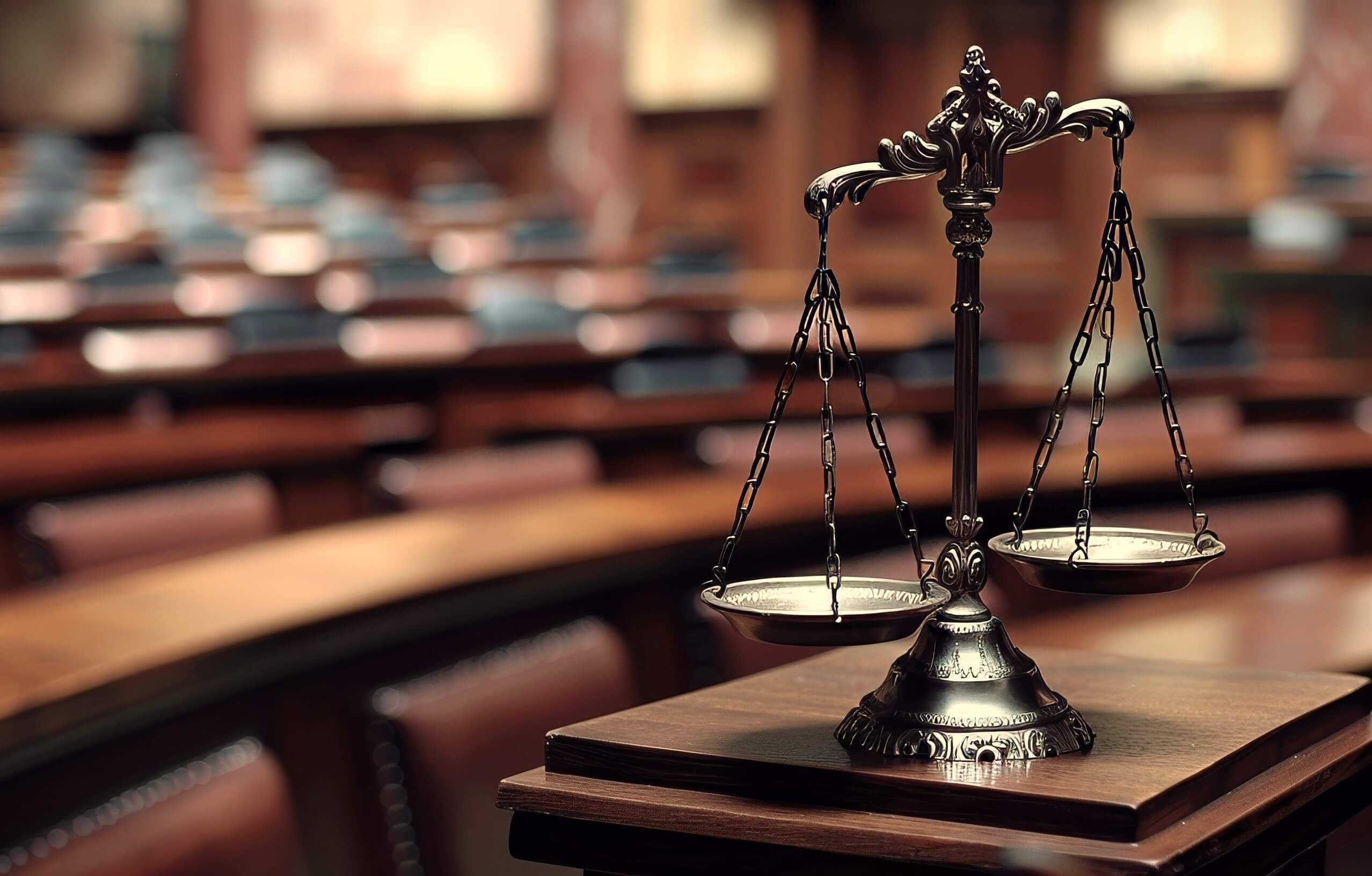Facing a divorce in Australia and considering hiding assets?
Think again.
The penalty for hiding assets in divorce Australia is severe, encompassing financial penalties, criminal charges, and potential imprisonment.
Australian family law mandates full financial disclosure during divorce proceedings, and failure to comply not only jeopardises the fairness of the settlement but brings about strict legal consequences.
In this article, we unpack the repercussions you may face if caught concealing assets, from the courtroom to beyond.
Key Takeaways
- Failing to disclose assets in an Australian divorce can result in severe legal consequences, ranging from fines and a loss of credibility in court to imprisonment and criminal charges such as fraud and perjury.
- Asset concealment can lead the courts to adjust property settlements adversely for the dishonest party, potentially resulting in a less favourable asset division, reimbursement of the other party’s legal costs, and court-ordered compensation for financial losses.
- Engaging forensic accountants and family lawyers is crucial for unveiling hidden assets and ensuring comprehensive asset disclosure, fulfilling ongoing legal obligations, and protecting one’s financial interests throughout the divorce process.
What are the legal repercussions of concealing assets during divorce?
During a divorce, the temptation to secure as much as possible can be high. However, if this results in hiding assets, serious legal penalties can ensue. According to the Family Law Act 1975, the penalty for hiding assets during divorce proceedings can lead to stringent penalties, ranging from fines to imprisonment. The severity of these legal penalties depends on the extent of the deception, making the act of hiding assets a risky endeavour.
Although protecting your financial interests during a divorce is a natural inclination, concealing assets is not an advisable approach. It’s a direct contravention of the legal requirements for financial disclosure, as stated by family law. Intentional concealment of assets can undermine the integrity of the legal system, leading to a range of legal repercussions, including:
- Fines and penalties
- Loss of credibility in court
- Adverse impact on child custody and support decisions
- Lengthening of the divorce process
- Potential criminal charges
It is always best to be transparent and honest about your assets during a divorce to ensure a fair and equitable outcome.
Understanding Legal Consequences of hiding assets
The legal consequences of hiding assets during a divorce can be severe. Before the first court date for applications for maintenance or property settlements in a divorce, there are specific obligations for disclosing documents that parties must adhere to. Non-compliance with these disclosure requirements could lead to serious consequences, as it’s seen as an act that undermines the integrity of the legal system.
Recognising these legal consequences underscores why it is pertinent to seek legal advice early in the divorce process. This is particularly true if you suspect your ex-partner is hiding assets. Family lawyers can help navigate these complex legal waters, ensuring that you comply with all the necessary disclosure requirements and avoid any potential legal penalties.
Criminal Implications
Concealing assets during a divorce not only bears civil consequences but can also result in criminal implications. Such actions are regarded as contempt of court and can lead to serious penalties, including fines or even imprisonment. Beyond contempt of court, potential criminal charges for concealment of assets during divorce can include fraud and perjury, with the court able to order fines or pursue criminal prosecution.
The gravity of these penalties is beyond emphasis. Perjury, for instance, which encompasses lying under oath in affidavits or court, carries a criminal penalty of up to 14 years of imprisonment and can escalate to a life sentence if it leads to wrongful life imprisonment of someone else. These grave legal repercussions highlight the significant criminal risks associated with hiding assets during a divorce.
Financial Fallout: The Impact on Property Settlements
Concealing assets not only carries legal repercussions but also significantly impacts property settlements. If a party is found to be hiding assets, the court can adjust the property settlement in favour of the non-offending party. This means that the person hiding assets could end up with a less favourable distribution of the property than they would have had if they had been upfront about their assets from the start.
On top of this, attempting to hide assets can compromise the integrity of the property settlement process and delay it, also leading to unfavourable outcomes for the dishonest party. The Family Law Act 1975 even grants the court the power to set aside transactions that were made to defeat existing or anticipated property settlement orders. Thus, by hiding assets, a party not only jeopardises their credibility but also exposes themselves to the risk of a court-imposed penalty, reinforcing the principle that all assets should be considered during the division.
Adjustments to the Asset Pool
If assets are concealed during a divorce, the court has the discretion to recalibrate the asset pool. This is done to ensure fairness and rectify the imbalance caused by the concealed assets. If a party’s deceptive actions are discovered, the court may draw adverse inferences about their credibility, which could negatively influence the final settlement decision.
In some cases, the court may adjust property settlements to favour the innocent party, ensuring they receive a more substantial share of the assets and that it is a fair property settlement. Additionally, any assets that were hidden and later discovered may be awarded to the other spouse as part of the divorce settlement, which can significantly alter the financial outcomes post-divorce.
The court can also ‘add back’ the value of the disposed assets into the property pool available for distribution, treating the assets as if they still existed when dividing property. This further emphasises the importance of transparency in disclosing all assets during a divorce.
Costs Beyond the Courtroom
The financial implications of hiding assets extend beyond the courtroom. Legal fees can significantly deplete the combined financial pool of the divorcing parties, particularly when assets are concealed, leading to drawn-out and costly financial separation processes. The deceptive party may be obligated to pay for the legal expenses of the innocent party, which were incurred as a result of the search and litigation to uncover hidden assets.
Furthermore, in cases of concealed assets, the court may issue compensation orders. This means the deceptive party could be required to reimburse their former spouse for financial losses caused by the concealment. These extra costs can add up, making the act of concealing assets an expensive gamble that’s not worth taking.

How Hidden Assets Can Be Found: Forensic Accounting in Family Law
Detecting concealed assets amid divorce proceedings can pose a formidable challenge. However, forensic accountants specialise in this very thing. They play a critical role in divorce proceedings by:
- Tracing financial transactions
- Uncovering concealed assets
- Scrutinising financial records
- Trace transactions
- Utilising the court’s power to issue subpoenas for obtaining detailed financial information from institutions
By doing all of this, forensic accountants can illuminate the financial truth in divorce cases.
The Australian legal system has established effective mechanisms, such as the involvement of forensic accountants, to detect hidden assets. This makes concealment during divorce proceedings increasingly risky. Both forensic accountants and experienced family lawyers use investigative techniques to identify and recover hidden assets in family law cases.
The Ongoing Disclosure Requirement in Divorce Cases
In the context of divorce cases, parties are continually required to disclose their financial circumstances. The duty of disclosure is a fundamental principle in family law proceedings in Australia, requiring parties to provide complete and accurate information about their financial circumstances. Full disclosure of assets is crucial to ensure fairness and transparency in divorce proceedings.
The obligations for disclosure include documents that identify and corroborate:
- Property
- Liabilities
- Income (such as bank statements)
- Superannuation interests
- The financial circumstances of a party
These responsibilities begin with pre-action procedures and extend to all earnings, interests, property, and financial resources, including direct financial contributions and non-financial contributions, whether directly owned or controlled through entities like corporations or trusts. Accurate and prompt updates of the financial situation are critical to ensure that negotiations or court decisions are based on up-to-date information.
Protecting Your Interests: Legal Advice and Asset Disclosure
In the midst of a divorce, safeguarding your interests is of paramount importance. One way to do this is by seeking legal advice and ensuring comprehensive asset disclosure. Understanding the scope of disclosure required, accurately preparing financial statements, and complying with the obligation to disclose are all crucial in ensuring a fair legal process. Legal professionals can clarify the responsibilities involved in the disclosure process, such as the requirements for full and frank disclosure throughout divorce proceedings.
Engaging a family lawyer can reduce the risk of incurring adverse cost orders and errors in the drafting and filing of legal documents, which are critical to the divorce process. Family lawyers play a key role in negotiation, often leading to more equitable settlements and better protection of the client’s financial interests.
How Clarity Lawyers’ Family Law Team Can Help You
Family lawyers serve a pivotal role in steering clients through the process of property settlement. Our job is to help you to achieve a division of assets and liabilities that is fair and equitable as defined by the Family Law Act. Providing advice based on legal processes and family law principles, we will tailor our approach to address the specific circumstances and needs that you have.
If you’re involved in property settlement proceedings, concerned that your former partner is hiding assets or you need advice for any other family law matter, let our Newcastle and Maitland family lawyers help you. Our family law services are available Australia-wide. Call us on 02 4023 5553 or book your no obligation consultation online here.

Frequently Asked Questions
How do you work out property settlements?
To work out property settlements, you need to identify the property and its value, consider if a settlement is necessary, examine each person’s contributions, assess future needs, and ensure fairness. Always seek legal advice for proper guidance.
How long after a divorce can you claim assets Australia?
After a divorce in Australia, you have one year to make an application for the division of assets, liabilities, and superannuation. It’s important to act within this time limit to claim your share of the assets.
What is my wife entitled to in a divorce Australia?
In Australia, the division of assets in a divorce is based on factors such as financial and non-financial contributions, future needs, and the welfare of any children involved. There’s no set percentage or formula for determining entitlements.
What is a 70-30 split divorce Australia?
In Australia, a 70/30 divorce settlement means one party receives 70% and the other gets 30% of the total asset pool, as the Family Court aims for a fair and equitable distribution.
How can I find out if my ex is hiding money?
Hiring a forensic accountant can help you analyse financial information to determine if your ex is hiding assets, giving you access to the complete asset pool. This will help you understand the actual financial status of your former spouse.



